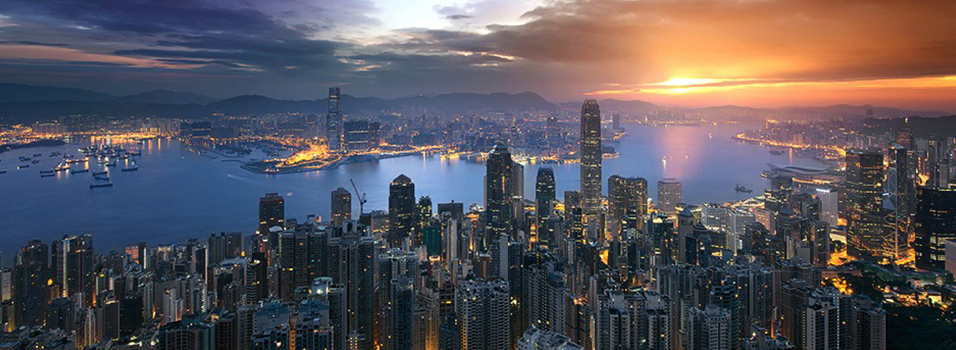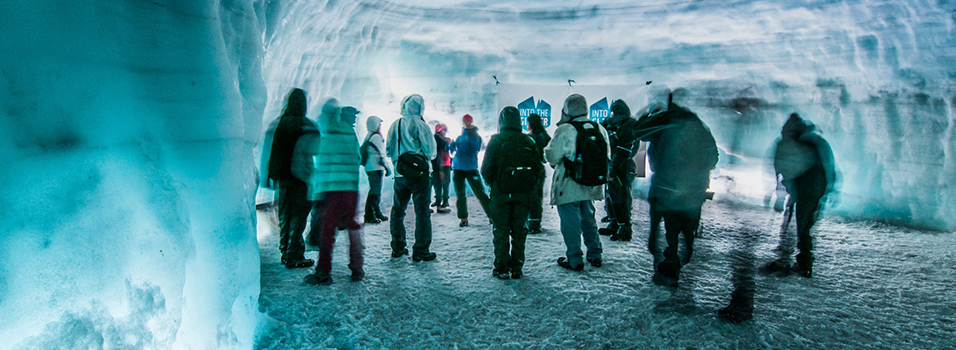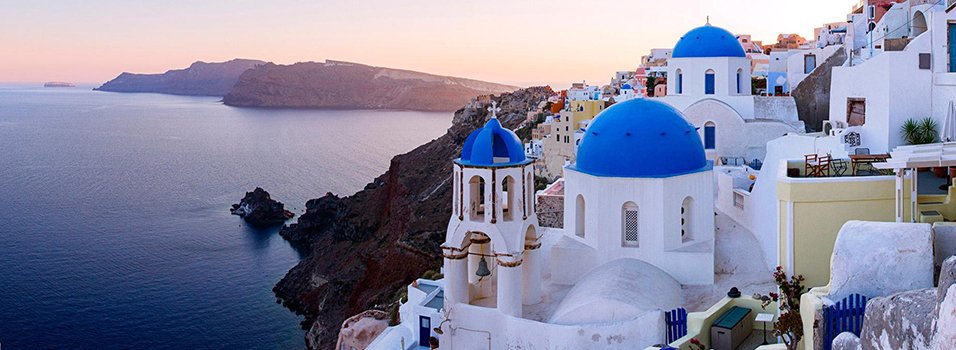
The Impact of Chinese Tourism on Global Destinations
As the world sees an unprecedented influx of Chinese tourists, iconic cities like Venice, Barcelona, and Paris are grappling with the challenges of overcrowding. Frank Barratt highlights this phenomenon, emphasizing how the surge in Chinese travel has reached critical levels, prompting protests from locals frustrated by the influx.
A New Era in Tourism
China has rapidly ascended to the top of the global tourism leaderboard, with over 135 million international departures in 2016 alone. Projections indicate that by 2021, around 200 million Chinese tourists will be traveling abroad annually. This shift marks a significant change from the previous dominance of Western nations in the tourism sector.
Economic Influence
Chinese tourists are not only traveling in large numbers; they are also among the highest spenders globally, spending five times more than British tourists. This financial power has made China a primary focus for tourism boards and businesses looking to attract affluent travelers.
Changing Dynamics
The growing presence of Chinese tourists is reshaping how major destinations plan for the future. Tourist boards and businesses are now prioritizing Chinese preferences when developing their offerings. Cruise lines and resorts are adapting to meet the tastes and expectations of this lucrative market.
Capacity Challenges
As cities like Venice and Barcelona face the reality of reaching maximum capacity, the pressure to manage tourist numbers is mounting. Authorities may be forced to implement measures, potentially including financial barriers, to limit entry during peak times.
Conclusion
The rise of Chinese tourism is a transformative force in the global travel landscape. While it brings economic benefits, it also presents significant challenges for popular destinations striving to balance tourism growth with local quality of life. As we move forward, finding sustainable solutions will be crucial for preserving the charm and accessibility of these beloved cities.













